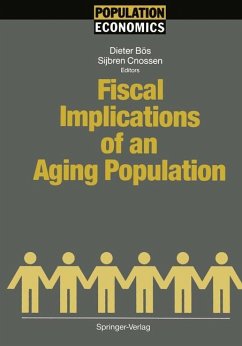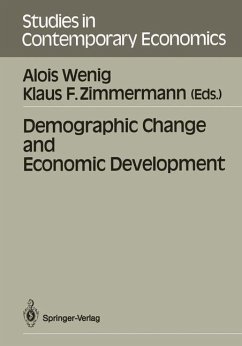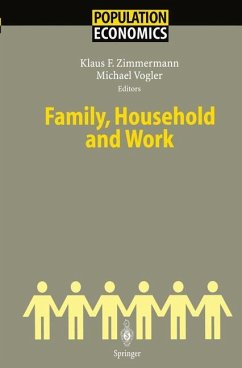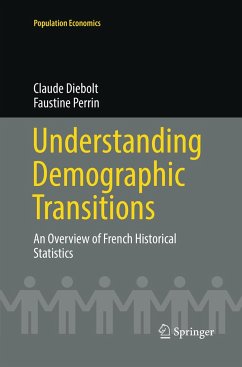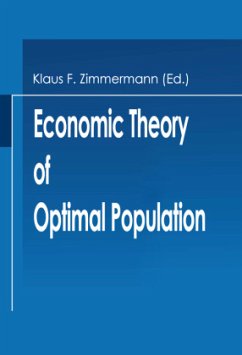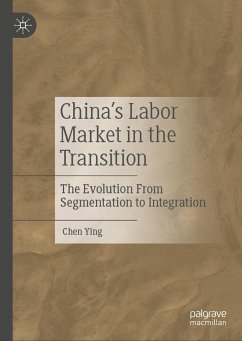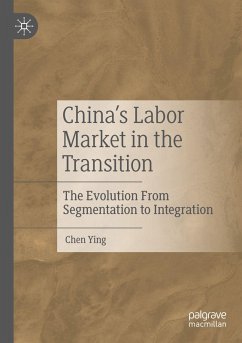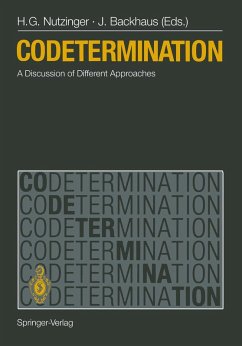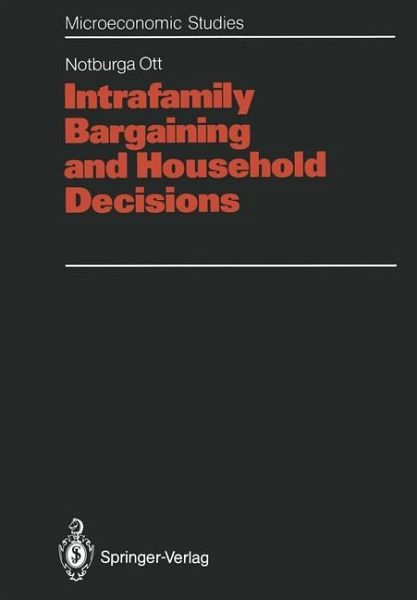
Intrafamily Bargaining and Household Decisions
Versandkostenfrei!
Versandfertig in 1-2 Wochen
77,99 €
inkl. MwSt.

PAYBACK Punkte
39 °P sammeln!
A model of household decisions based on a bargainingapproach is developed providing a comprehensive frameworkfor the analysis of family behavior. Treating the family asan economic organization, household behavior is explained bythe cooperation of utility maximizing individuals. Thedifference to traditional microeconomic household models isthat theassumption of a joint household utility functionis abandoned. Instead of this, a game theoretic approach isused to model family decisions as a result of intrafamilybargaining. Considering the development of the spouses`human capital in a dynamic appro...
A model of household decisions based on a bargainingapproach is developed providing a comprehensive frameworkfor the analysis of family behavior. Treating the family asan economic organization, household behavior is explained bythe cooperation of utility maximizing individuals. Thedifference to traditional microeconomic household models isthat theassumption of a joint household utility functionis abandoned. Instead of this, a game theoretic approach isused to model family decisions as a result of intrafamilybargaining. Considering the development of the spouses`human capital in a dynamic approach, the long-term effectsof intrafamily specialization in market work and work athome are analyzed. Onemajor finding is that in a dynamicsetting non-Pareto efficient allocations may result.Empirical tests demonstrate the relevanace of the bargainingapproach.






